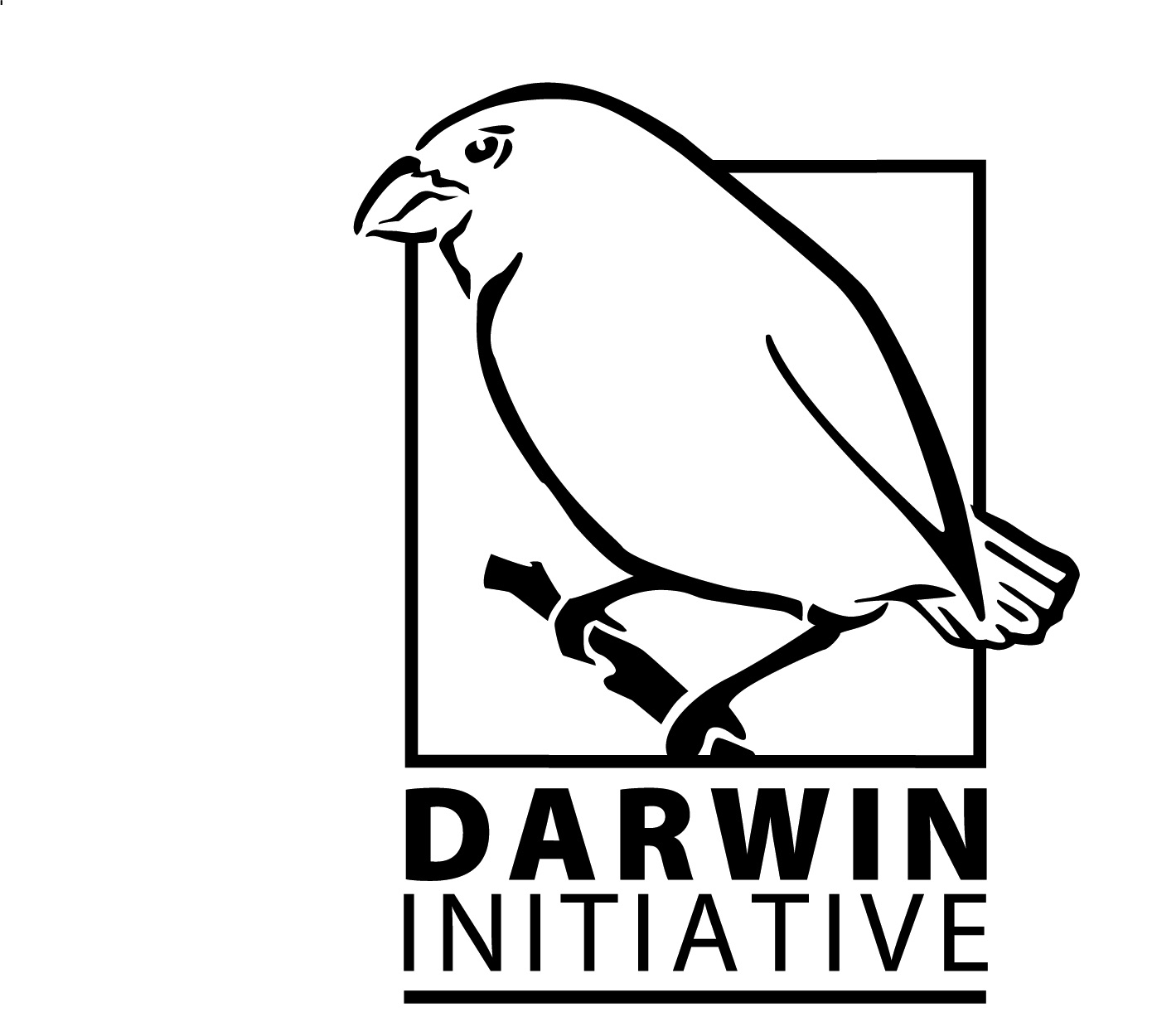
The health of Tanzania’s rangelands is critical for the conservation of diverse ecosystems and for pastoralist community development. But today, land degradation in northern Tanzania—driven by both climate and societal change—threatens the health of both people and wildlife.
Invasive species encroachment, increasing human-wildlife conflict, and poor information about the impact of climate change is consistent throughout Tanzania’s rangeland landscapes. The women who call this region home are particularly vulnerable to the impacts of climate change and land degradation—yet they are also holders of invaluable Indigenous knowledge and key agents of environmental and behavioral change. Within the ‘Darwin II’ project, we seek to empower pastoralist women to drive sustainable rangeland management, reduce poverty, and restore livestock grazing opportunities in the area.
This project pilots an innovative, pastoralist-driven rangeland restoration process, empowering women to become catalysts of sustainable management in a biodiversity-rich, yet threatened, corridor within the Tarangire-Manyara ecosystem. Ultimately, we aim to increase knowledge that will stay within communities and restore grazing opportunities for approximately 10,000 adults and their families.
Our goals:
Women-led habitat restoration: Women—particularly in Maasai communities—have not always had a voice in decision making. 400 women in 14 villages will be trained as ‘Rangeland Guardians,’ adding additional rangeland restoration skills to their existing knowledge of the environment. The women-led rangeland restoration team will oversee the removal of invasive species and reseeding of Indigenous grasses to restore unusable portions of the rangelands. The project will also provide livestock marketplace literacy training for women and advocate for them to receive direct benefits from restored rangeland areas, such as pasture for small stock and sale of grass.
Community-led monitoring: No one knows rangeland health like the people who call rangelands home. 80 men and women will be trained to become resource assessors to collect data on rangeland health and continually monitor ecological rangeland conditions. This valuable feedback can be provided to grazing committees and enable authorities to create and adapt rangeland management and grazing plans to ensure sustainable grazing and long-term healthy pastures.
Education & knowledge sharing: More than 800,000 pastoralists rely on the northern Tanzanian rangelands for their livelihoods, which are at risk from societal and environmental change. This project will provide training and education to local communities, including an awareness campaign for school students on opportunities deriving from rangeland restoration. It will also facilitate learning exchange visits so that villages, local governments, and district representatives can share successful sustainable management practices and experiences.
Marketplace literacy training: To elevate women as leaders and entrepreneurs, 400 women ‘Rangeland Guardians’ will receive training in livestock marketplace literacy, which focuses on the linkage between rangeland health and livestock market price. The training promotes sustainable livestock enterprises by using marketplace literacy concepts, such as customer responsibility, values, value exchange, and research and management of selling and buying operations.
Project area: Northern Tanzania rangelands in the Tarangire ecosystem
Project duration: April 2022 – December 2025
Funded by: Darwin Initiative Extra – UKAid
Partners: The Nature Conservancy (Lead), Ujamaa Community Resource Team, Tanzania People & Wildlife, and Istituto Oikos